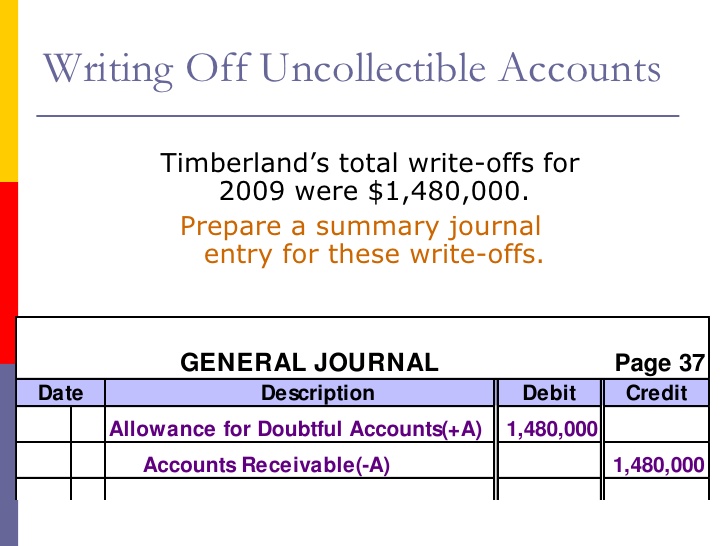Cash basis and accrual accounting: What is the difference? Sage Advice United Kingdom

The cash-basis system is not acceptable according to the Generally Accepted Accounting Principles, or GAAP. For companies required to comply with GAAP standards, the accrual-basis method is the preferred form of accounting. These documents reveal when you receive payments and any invoices that are still outstanding. Likewise, you can show which bills your business has already paid and any expenses or liabilities that have yet to be dealt with. This method makes it easy to keep the unique situation of each sale or bill up to date, making adjustments when each item is satisfied or keeping notes of anything still outstanding.
- Accrual basis accounting recognizes income and expenses when they are incurred.
- In cash basis accounting, a business only uses cash accounts to record expenses and income.
- One of the most significant differences between cash and accrual accounting is that each method affects which tax year your income and expenses are recorded in.
- However, should you come across a small company using cash-based accounting, it’s definitely something to watch out for.
- On the surface, cash basis accounting makes a lot of sense, especially if you’re new to running a business.
- This simply means that income is recorded only when you receive cash from customers; expenses are recorded only after you pay cash.
First, cash basis accounting is much easier than its accrual basis counterpart, partially because cash basis accounting eliminates the need to track accounts payable or accounts receivable. Accrual basis accounting is typically best because it offers the most accurate information about your business’s performance. But its complexity may outweigh its benefits for simple, very small businesses. Ultimately, the right accounting method for you will depend on your business’s needs and whether you plan to track accounts receivable and payable. Using the cash method for income taxes is popular with businesses for two main reasons. First, the method of accounting easily allows businesses to answer questions regarding annual revenue, expenses and financial losses.
Tabular Comparison of Cash Basis Accounting and Accrual Accounting
The main difference between accrual and cash basis accounting lies in the timing of when revenue and expenses are recognized. The cash method provides an immediate recognition of revenue and expenses, while the accrual method focuses on anticipated revenue and expenses. The cash basis is only available for use if a company has no more than $5 million of sales per year (as per the IRS). It is easiest to account for transactions using the cash basis, since no complex accounting transactions such as accruals and deferrals are needed. Given its ease of use, the cash basis is widely used in small businesses. However, the relatively random timing of cash receipts and expenditures means that reported results can vary between unusually high and low profits.
The fundamental difference between these depends on the timing of when revenue and expenses are recorded in the accounts. Let’s look at an example of how cash and accrual accounting affect the bottom line differently. We’ll use a hypothetical web design company, and examine a month of transactions. If you’re unsure which method makes sense for you, talk with your accountant or bookkeeper.
Many small businesses opt to use the cash basis of accounting because it is simple to maintain. It’s easy to determine when a transaction has occurred (the money is in the bank or out of the bank) and there is no need to track receivables or payables. Accrual basis accounting recognizes income and expenses when they are incurred. As its name implies, this method tracks accruals, which could be unpaid expenses or invoices that customers haven’t paid yet.
Specifically, it focuses on when money is received, or expenses get paid, which may not occur exactly when these items are accrued. Cash-basis accounting is also known as cash receipts and disbursements or the cash method of accounting. This system focuses on cash flow, with a particular emphasis on cash on hand. For newer or very small businesses, staying profitable premium vs discount bonds is of great concern. Knowing exactly how much cash is available helps determine when bills get paid or how quickly.
Diagram comparing accrual and cash accounting
Accrual accounting is an accounting method that records revenues and expenses before payments are received or issued. It records expenses when a transaction for the purchase of goods or services occurs. Under cash basis accounting, revenue is reported on the income statement only when cash is received. The cash method is typically used by understanding gaap vs non small businesses and for personal finances.
However, should you come across a small company using cash-based accounting, it’s definitely something to watch out for. For investors, it’s important to understand the impact of both methods when making investment decisions. A company might look profitable in the long term but actually have a challenging, major cash shortage in the short term.

Best Software and Services for Accrual Accounting
The accrual basis is used by all larger companies, for several reasons. First, its use is required for tax reporting when sales exceed $5 million. Also, a company’s financial statements can only be audited if they have been prepared using the accrual basis. However, unless a statement of cash flows is included in the financial statements, this approach does not reveal the ability of a business to generate cash. Whether you’re using cash basis or accrual basis accounting, the best way to keep track of your revenues and expenses and eliminate the need to process closing entries manually is to use accounting software. That’s because unlike cash basis accounting, accrual accounting recognizes both revenue and expenses when earned, not when received or paid.
Advantages of accrual accounting
When aggregated over time, the results of the two methods are approximately the same. The Ascent is a Motley Fool service that rates and reviews essential products for your everyday money matters. Your first month in business, you made $12,000 cleaning various offices. We’ll look at both methods in detail, and how each one would affect your business. Financial statements are the building blocks of any well-run company. Getting an expert view in this area can really help digital contract signing your business with the management of your accounts.